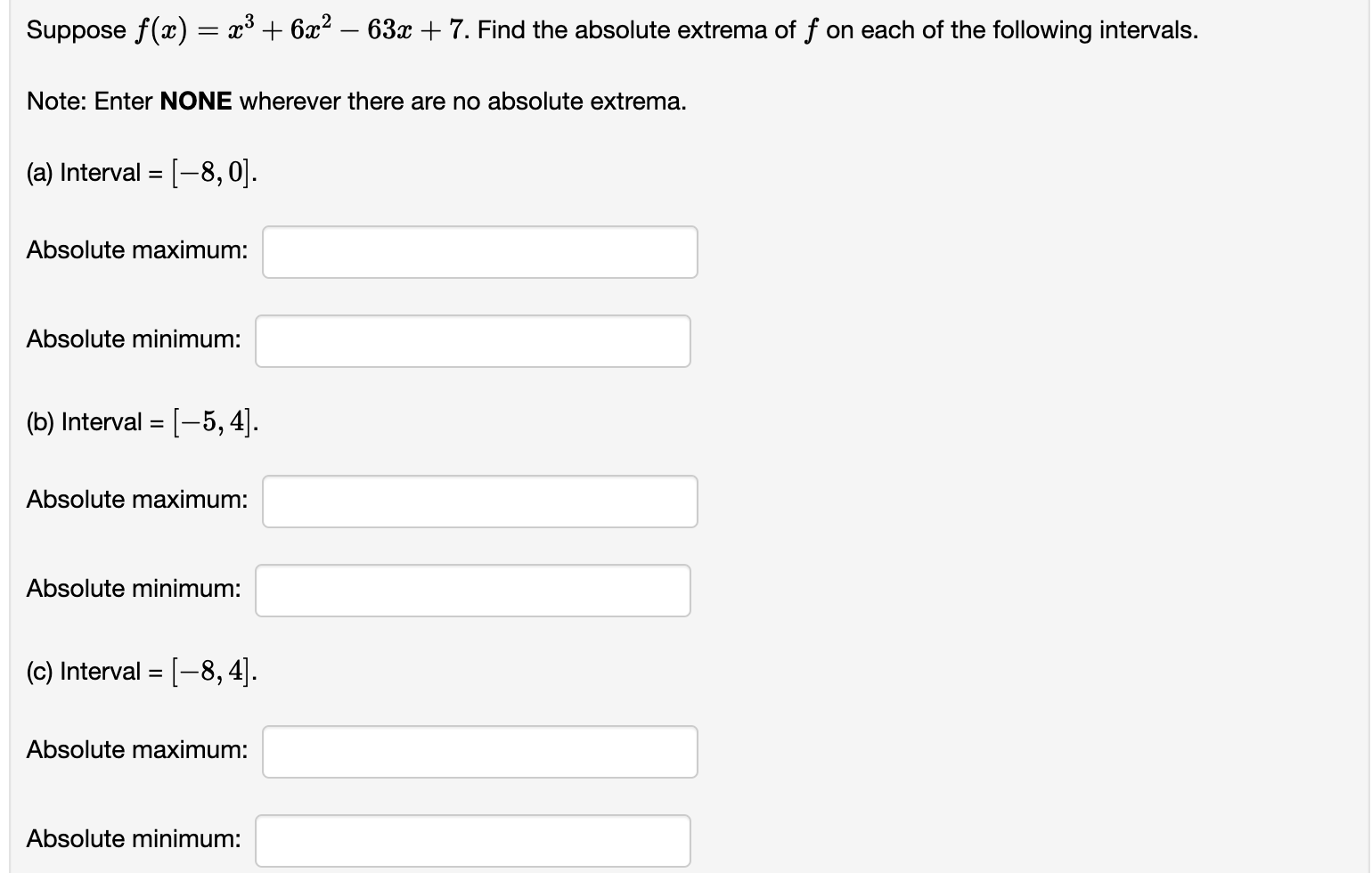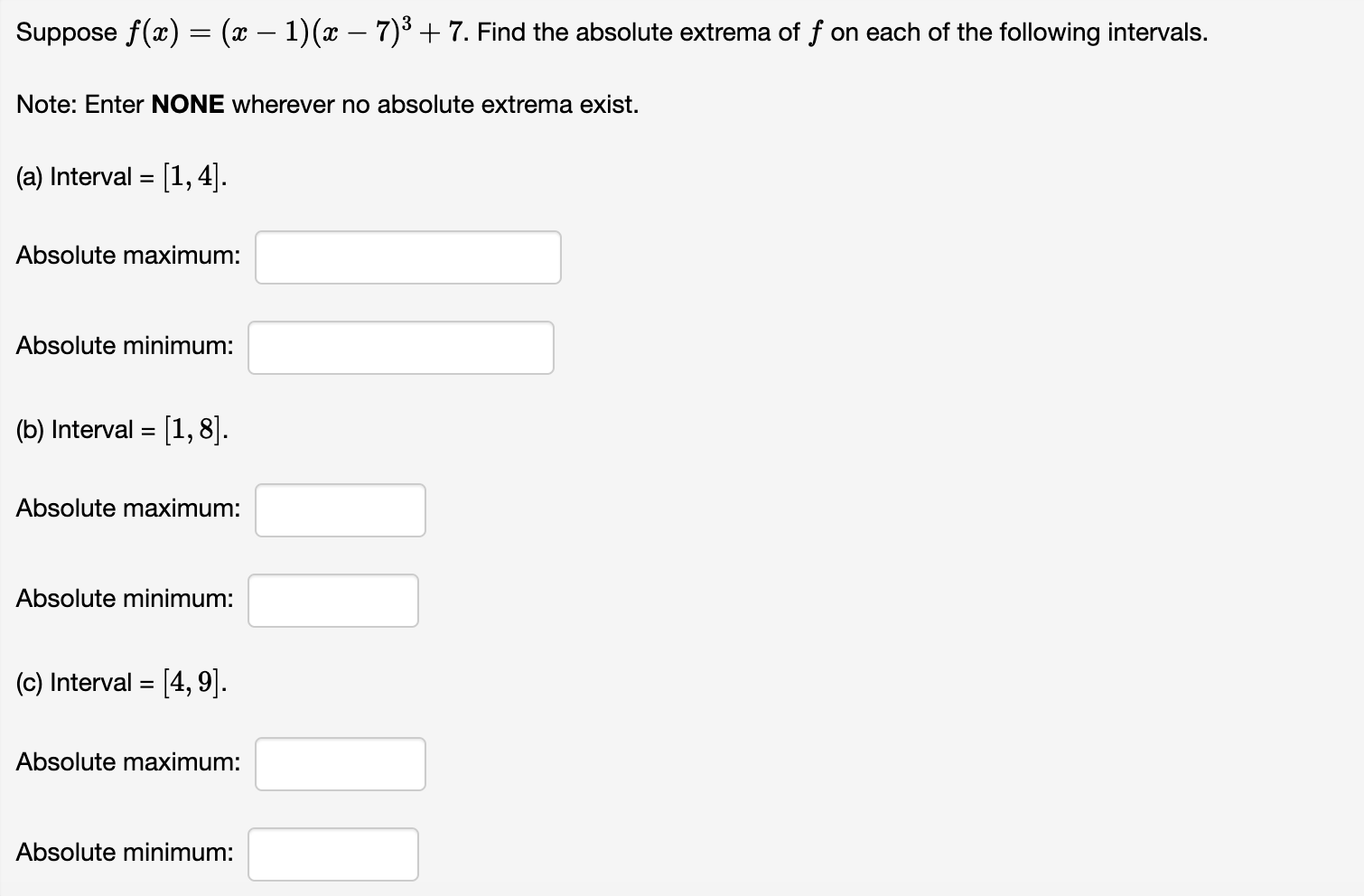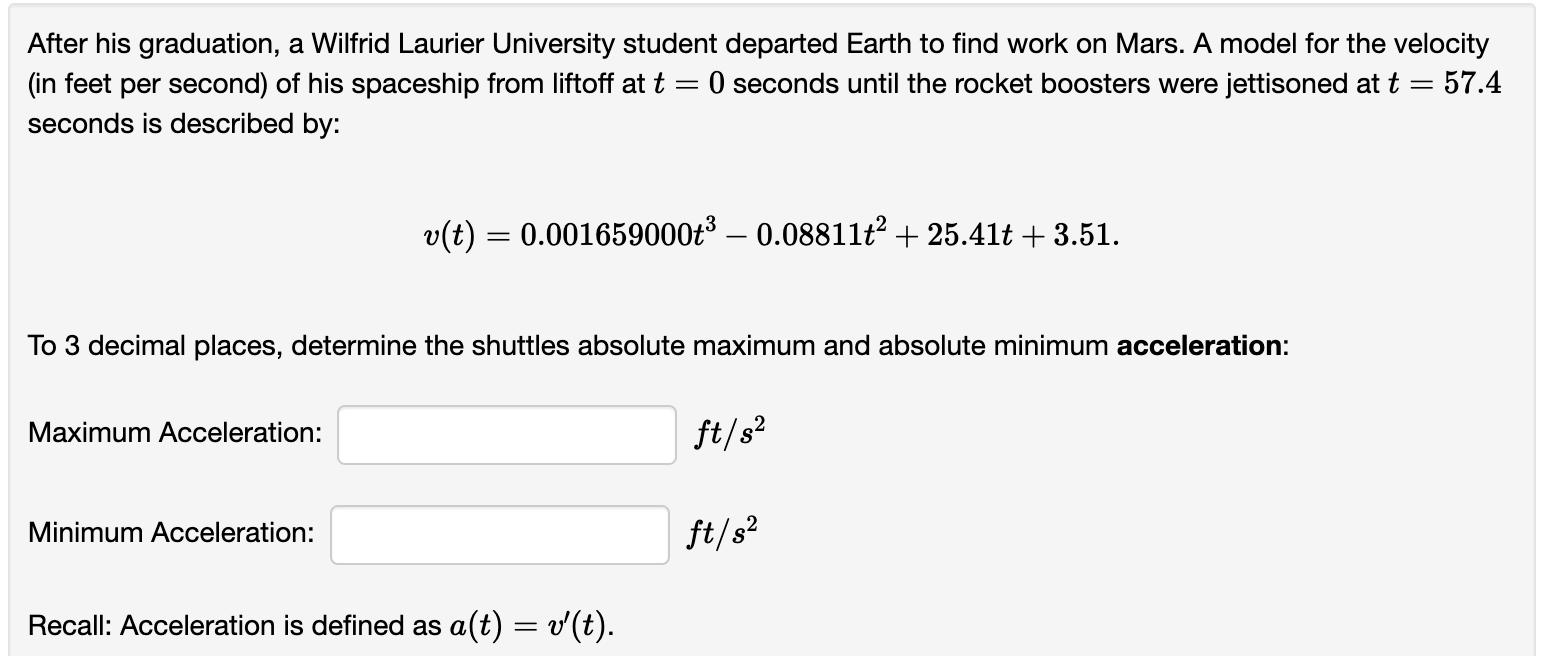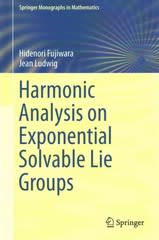Answered step by step
Verified Expert Solution
Question
1 Approved Answer
Suppose f (m) = 3:3 + 62:2 63:15 + 7. Find the absolute extrema of f on each of the following intervals. Note: Enter NONE






Step by Step Solution
There are 3 Steps involved in it
Step: 1

Get Instant Access to Expert-Tailored Solutions
See step-by-step solutions with expert insights and AI powered tools for academic success
Step: 2

Step: 3

Ace Your Homework with AI
Get the answers you need in no time with our AI-driven, step-by-step assistance
Get Started


